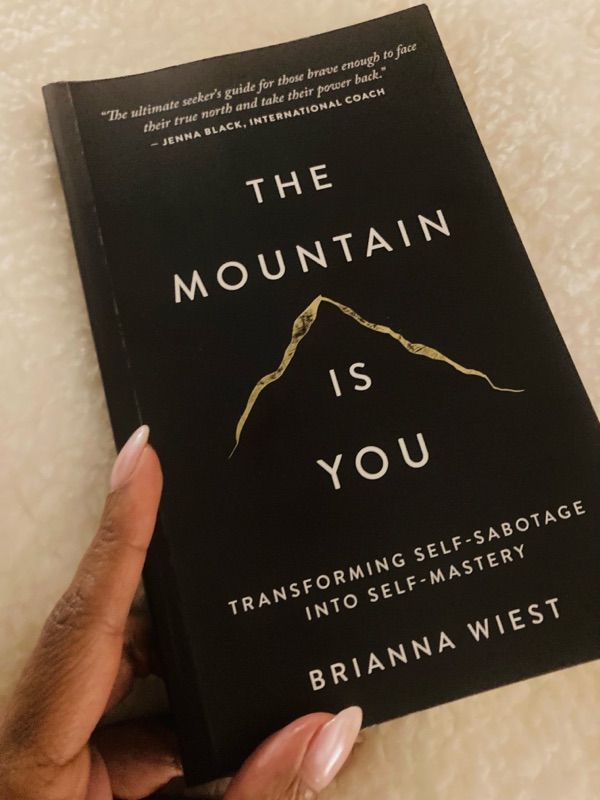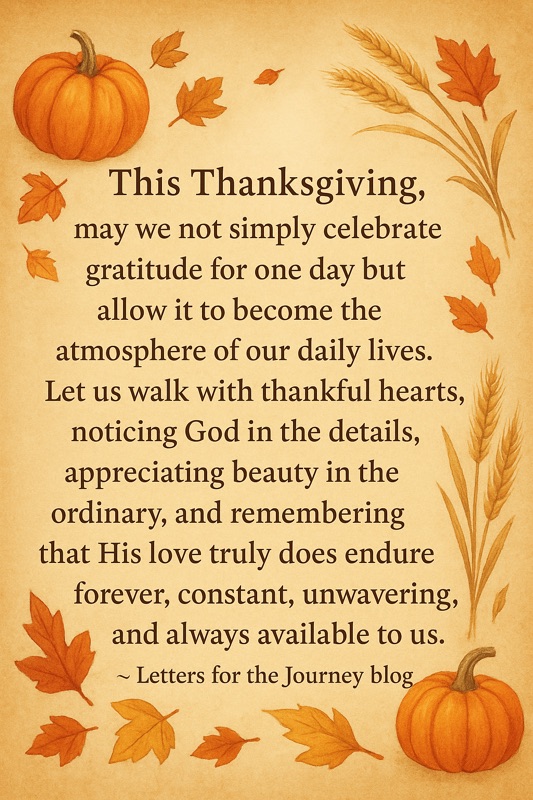
March: A Fresh Start, A Gentle Shift Toward Spring
Hello!
Can you believe we’re stepping into March already? It feels like January was just yesterday, and now here we are, on the cusp of spring. March always feels like this beautiful in-between season—not quite winter, not fully spring, but a soft, subtle shift toward something new. It’s a month of transition, and honestly, I think that’s a reminder for us to be gentle with ourselves.
What’s Special About March?
March is full of symbolism. It’s Women’s History Month—a time to celebrate the strength, resilience, and beauty of the women before us (and within us). It’s also a time of renewal, with the Spring Equinox on March 19th, reminding us that light is returning, both in the world and in our lives. And let’s not forget that Daylight Savings Time is coming (March 10th), which means longer, sunnier days ahead!
But you know what else March is? It’s unpredictable. Some days, it still feels like winter, and other days, spring teases us with sunshine and warmth. And that’s okay. It reminds us that growth isn’t always linear. Just like nature, we’re allowed to have slow, quiet days before we fully bloom.
Being Gentle with Ourselves This Month
With all this change in the air, March is a perfect time to embrace grace—giving ourselves permission to move at our own pace. No rushing. No forcing. Just allowing.
• Self-care as a Ritual: Let’s romanticize the simple things—warm baths, cozy bathrobes, deep conditioning our hair while polishing our toes a vibrant color. What if we made self-care non-negotiable instead of an afterthought this month?
• Decluttering the Mind & Space: You know how spring cleaning is a thing? Let’s do that for our energy, too. Maybe it’s unfollowing social media accounts that don’t inspire us, releasing limiting beliefs, or creating space (physically and emotionally) for what we actually want.
• Inner Work & Reflection: With the changing season, it’s a good time to check in with ourselves. How are we feeling really? What do we want to carry into spring, and what’s better left behind in winter? Maybe we start journaling more or deepening our meditation practice.
• Moving with Love: Whether it’s sampling a fun new exercise experience, walking outdoors on warmer days, or simply stretching in the morning, movement doesn’t have to be intense to be nourishing. Let’s focus on feeling good rather than pushing ourselves too hard.
Embracing the Beauty of March
March is here to remind us that change can be gentle, that we don’t have to have everything figured out, and that we’re allowed to ease into our next season. However this month unfolds for you, let it be filled with self-love, grace, and many moments of joy.
With love,
Jennifer ❤️











 Dear Beautiful Soul, Speak to Yourself Like Someone You Love
Dear Beautiful Soul, Speak to Yourself Like Someone You Love
